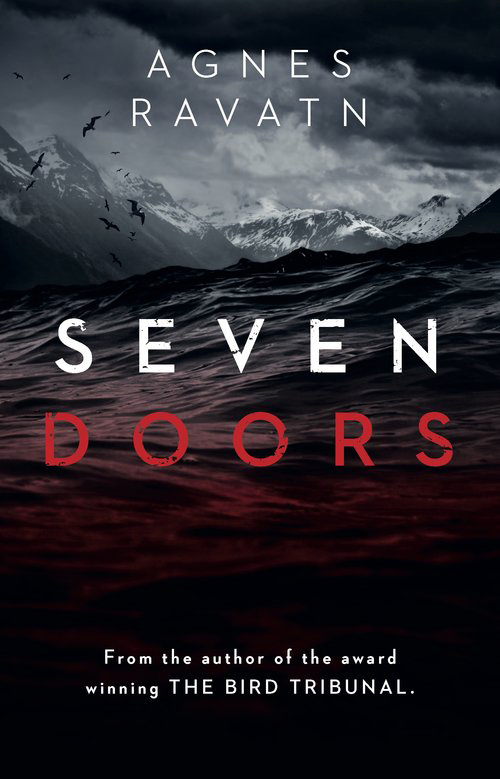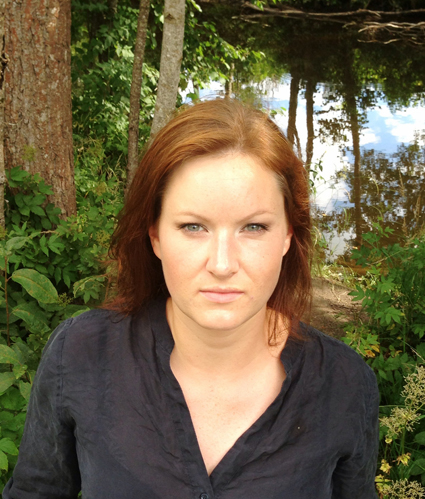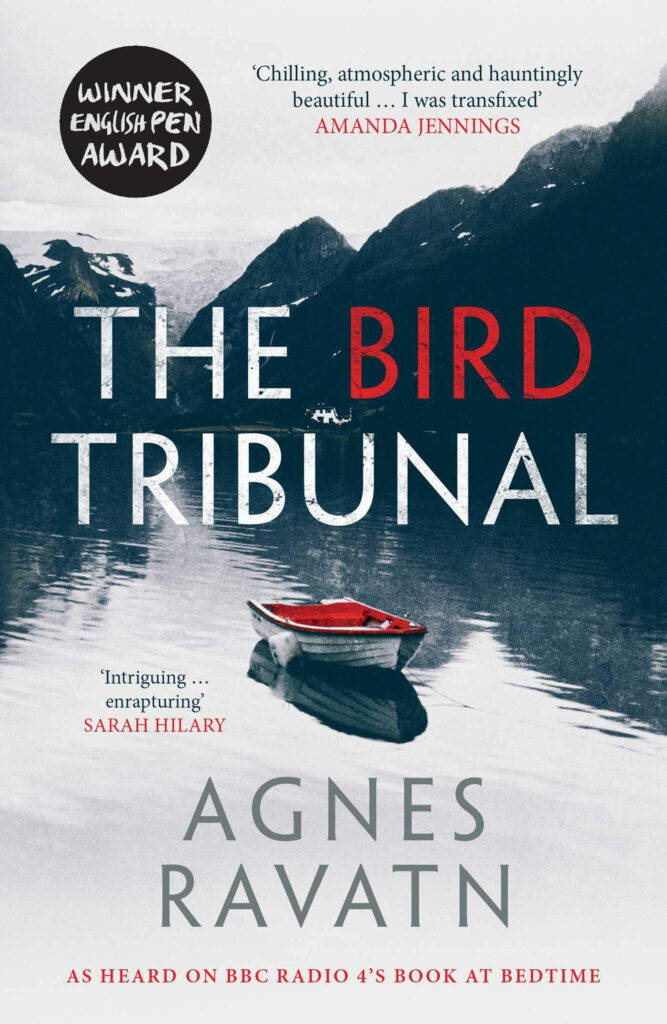Agnes Ravatn, The Seven Doors, 2020
Review by Lee Horsley

Agnes Ravatn’s psychological thriller, The Seven Doors, is a haunting and disturbing exploration of guilt and deception – and of an obstinate determination to expose hidden truths. Ravatn’s subtle, mesmerizing prose draws us into a complex skein of family secrets.
Professor of Literature Nina Winsløff, contributing unprepared to a panel discussion about the purpose of literature, suggests that they should instead be considering the more perplexing question of their own “decreasingly relevant” discipline: “what is the purpose of literary scholars?” Extemporizing a little desperately, Nina goes on:
“They ruminate, write at length…But for what? … Finding meaning and making connections? … There are mysteries and answers more or less concealed in every single text, doors waiting to be opened.…in reality, literary scholars could make fantastic investigators…The task of literary scholars ought to be to prevent miscarriages of justice occurring in the first place!… Literary scholars should be working for the police! Nina barks, so loud that she surprises even herself.”

Within days of her outburst, real life challenges Nina to deploy her investigative powers to solve an actual mystery – to find the answers concealed behind “doors waiting to be opened.” The violinist Mari Nilson, a single mother, disappears, leaving behind her young son. She has been the tenant of a house owned by Nina’s husband Mads, and Nina feels an additional burden of responsibility because she and her abrasive daughter have pressured Mari to vacate the house. The police appear to have found no useful evidence, raising the question of whether a literary scholar might indeed “work for the police” – discovering the hidden connections that seem to be evading them.
As Nina searches out clues to what happened, she gradually uncovers failures, repressed emotions, deceptions and concealed wrongdoing. She feels she must persist until she finds out what really happened, however disturbing that discovery may be. But even before she’s reached the end of her investigations she has begun to fear the destructive power of truth: “Nobody can know. She already knows too much, she wishes she could erase it all from her mind, live in blissful ignorance, she should never have started asking questions.” She not only struggles to find the truth but to resolve her own dark moral dilemma: what consequences might follow from a revelation of her knowledge?

Ravatn is a highly skilled storyteller, creating finely drawn characters and gradually laying bare the inner conflicts of each. As in her earlier novel, The Bird Tribunal (2016), ancient myths and stories resonate throughout her own plot. Nina remembers back to one of her past lectures on Oedipus and his tragic error: “People fumble in the dark. We often have no notion of the full scope of our actions…Oedipus sees nothing before he absolutely has to.”
Ravatn has long been recognised in Norway as one of the country’s best young writers. The Bird Tribunal was her first novel to be published in English and her equally powerful Seven Doors confirms her growing reputation as one of the most compelling voices in Nordic noir.
